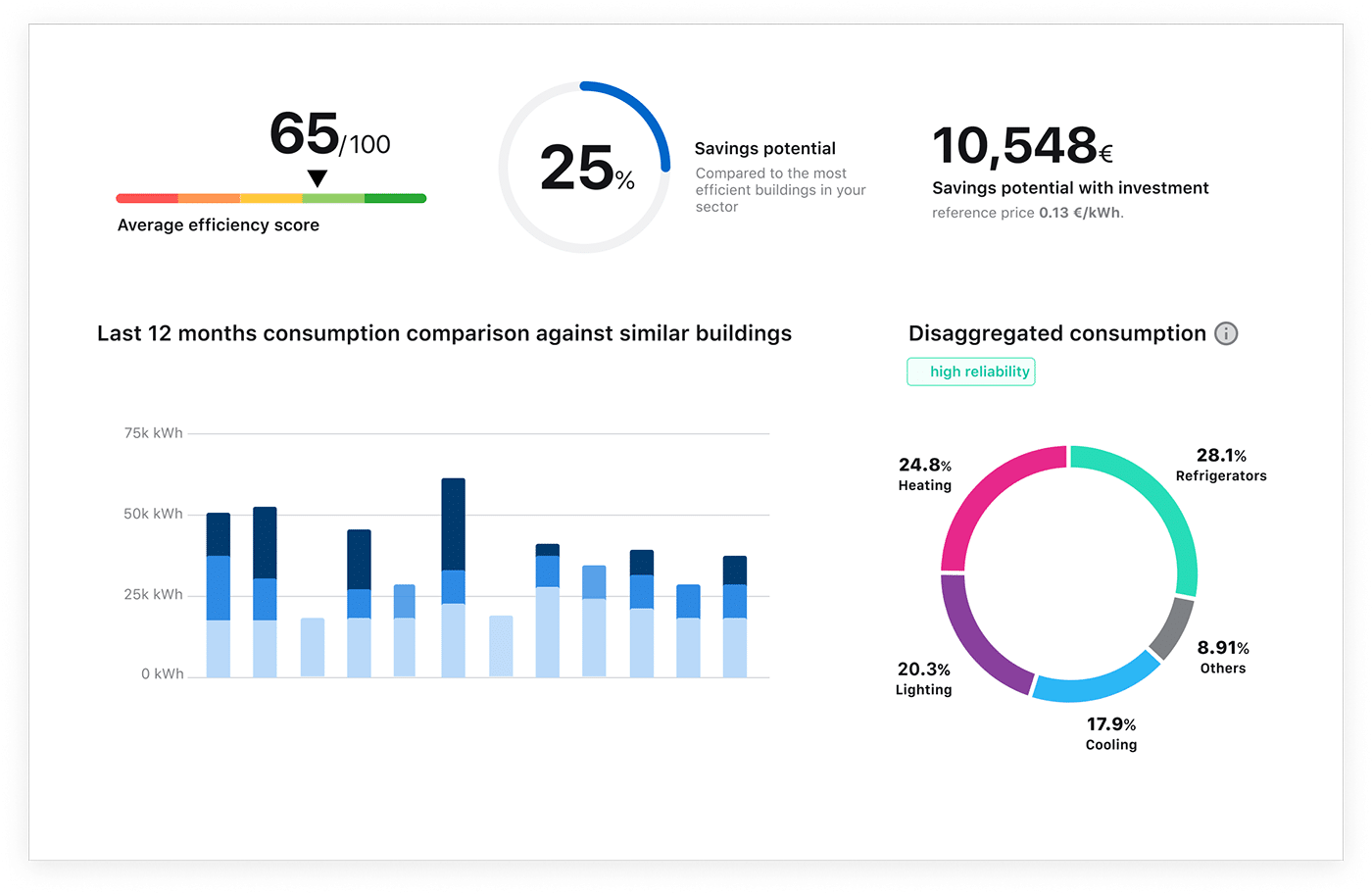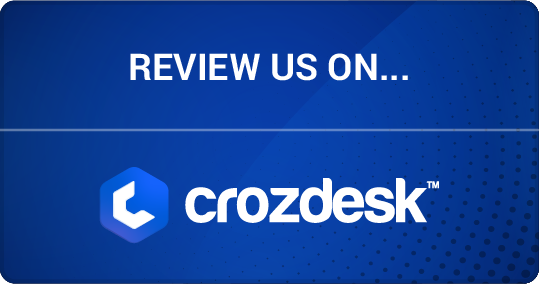There are multiple building energy optimization solutions available to companies to reduce their energy consumption. Among these, the use of software for building energy management is undoubtedly one of the most essential. Although the importance and usefulness of saving energy are no longer in question, there are still different approaches and tools to achieve this. For companies, it is not always easy to choose the ones that are best suited to their situation and that will offer them the best return on investment.
In this context, we should realize that the adage “If you can’t measure it, you can’t improve it” is eminently applicable to corporate energy performance. When you’re looking to improve the energy performance of a building portfolio, it is essential to have a measurement tool on the one hand and a building energy management solution on the other. In this article, we’ll discuss the functionality and benefits of this type of software.
What is building energy optimization software?
Before detailing the reasons for using dedicated software for building energy management, it is useful to define this type of solution.
From measurement to energy management
Measuring energy performance is an essential step in identifying and activating action levers to reduce a company’s energy consumption. So you’ll need an energy measurement and data acquisition system. But once this in place and the data starts flowing in, you’ll be confronted with a massive amount of information that must be consolidated, monitored, and analyzed. This is where energy management software comes in.

Software to analyze and optimize building energy consumption
Energy management software is often cloud software delivered in a software-as-a-service (SaaS) model. Accessible via a web portal or mobile application, it allows for the centralization of all the energy data of a building. And then for the analysis of this data in order to improve energy efficiency and reduce consumption.
This type of solution enables energy savings of 5 to 15%, providing an average ROI of around two years.
5 good reasons to use building energy optimization software
The many benefits of using energy management software can be grouped into five main categories.
Reliable and accessible data
First of all, the use of software to manage energy consumption prevents errors in data management and provides reliable and accurate data. Consumption records, invoices, and load curves are collected automatically, eliminating input errors or files that are not updated. A single tool gathers all energy data and makes it easily accessible, saving time for analysis and the implementation of corrective actions.
Moreover, unlike an Excel file, for example, an energy management solution collects data in real time and continuously.
Detect consumption and billing deviations
This type of software allows you to monitor energy consumption as closely as possible, and thus detect any abnormal consumption, subscribed power exceedance, reactive energy consumption, etc. Your company can thus ensure that buildings and their equipment are operating optimally at all times.
Moreover, an application such as Dexma (Spacewell Energy) can automatically monitor energy costs and simulate energy bills and protect you from billing errors by your supplier.
Implement optimization plans
Without a suitable tool, identifying effective ways to save energy is not easy. Because the possibilities are as numerous as they are varied. With building energy management software, this task becomes much easier. The software provides an analysis of consumption and monitors energy performance indicators linked to usage. As a result, you can much more easily identify and implement targeted optimization actions to reduce energy consumption and costs.

Evaluate the potential gains
Once the right pathways have been identified, you can even evaluate the potential of the energy performance actions you are considering. This allows you to identify the most cost-effective ones. Similarly, software like Spacewell Energy can help with the optimization of energy supply contracts. Users can gain an understanding of their consumption profiles, enabling them to select the most suitable types of tariffs or subscriptions available in the market.
Raising team awareness of energy savings
Finally, monitoring energy consumption in such a software platform can help raise awareness among your teams. You will be able to present them with reliable and precise indicators. Consumption, potential savings, and their financial and environmental impact will become much more tangible to everyone.
Spacewell’s building energy optimization tool
Spacewell’s Energy platform (Dexma) is the best example of building energy management software that facilitates substantial energy savings. Its set of capabilities will allow you to implement a complete energy intelligence strategy in all your company’s buildings by automating a multitude of tasks.
These capabilities are based on three main pillars:
- Dexma Detect: this tool detects the main energy-saving opportunities in every building, thanks to artificial intelligence. Based on that , you can then identify and prioritize actions with the highest energy-saving potential.
- Dexma Analyse: the main pillar of the software, Dexma Analyse ingests all your building energy data from digital meters and sensors, whatever the protocol or the hardware you have. It monitors and verifies savings in real time, so that energy managers can closely follow up on project results.
Read also: Energy Intelligence: How to Implement an Energy Intelligence Strategy With IoT - Dexma Optimise: automates 24/7 data analysis processes to reduce time and costs; the application estimates the expected consumption of a building or other facilities. It then compares this with the actual consumption, all in real-time. If it detects anomalies in the results, the software creates tasks and recommendations related to this information.
In conclusion
Advanced optimization of a building’s energy consumption cannot be improvised. Nor can it be achieved by isolated actions. It requires the implementation of an energy strategy, which must be based on reliable, accurate, and understandable data.
Given the financial stakes, both in terms of potential gains and investments to be made, it is essential to have a high-performance IT tool. One that is designed specifically to help companies achieve their energy performance objectives.






